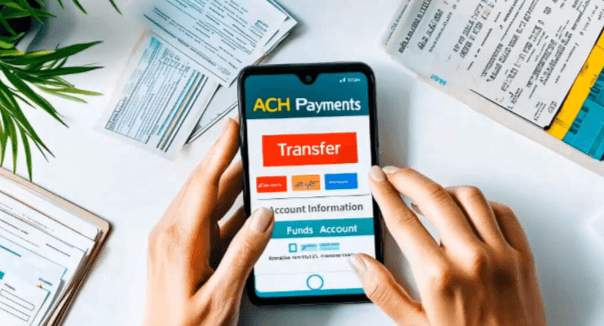How to Resolve Payment Disputes Online: Steps to Take if a Bill Is Incorrect

Payment disputes can happen to anyone. These disputes arise when a customer challenges a charge, claiming it is incorrect. Whether it’s due to a billing mistake, a fraudulent transaction, or non-delivery of goods or services, resolving these disputes can be frustrating. However, there are simple steps you can follow to handle payment disputes smoothly.
Let’s explore what payment disputes are, how they impact businesses, and how you can resolve them effectively.
What Is a Payment Dispute?
A payment dispute occurs when a customer disputes a charge on their account, often resulting in a refund known as a chargeback. This means the bank pulls the money back from the merchant and returns it to the customer. While common, payment disputes can cause losses to businesses, both financially and in terms of time.
Who Is Involved in a Payment Dispute?
Several parties play a role in resolving payment disputes:
- Customer – The person who initiates the dispute.
- Merchant – The business that accepted the transaction.
- Acquiring Bank – The bank that handles the merchant’s account.
- Issuing Bank – The bank that issued the customer’s card.
- Card Network – Networks like Visa or Mastercard that facilitate the transaction.
How Does the Payment Dispute Process Work?
When a dispute is raised, the customer contacts their bank to report an issue. The bank notifies the merchant, who then investigates the claim. Businesses must gather evidence, like transaction records, to prove that the charge is valid.
If the customer wins the dispute, the bank refunds their money, and the business might have to pay additional fees. If the merchant wins, the transaction stands, and the business retains the funds.
Steps to Prevent and Resolve Payment Disputes
1. Set Clear Payment Terms
The easiest way to avoid payment disputes is by having clear payment terms. Whether you’re dealing with customers or suppliers, both parties must know when and how payments will be made, as well as the process for raising disputes.
Put everything in writing and ensure both sides agree to the terms. This will reduce misunderstandings and provide a legal basis for resolving issues later.
2. Communicate Regularly
Sending reminders before payments are due, as well as confirmations and receipts, helps keep everyone on the same page. If there’s any confusion about a transaction, address it promptly and professionally.
Regular communication not only helps avoid disputes but also builds trust and rapport between you and your customers or suppliers.
3. Negotiate and Compromise
If a dispute does arise, be open to negotiation. There could be unforeseen reasons for the dispute, like financial difficulties or dissatisfaction with the product. Offering discounts, flexible payment plans, or partial payments can often resolve the issue without going further.
You can also request feedback from the customer to see if there’s anything you can improve for future transactions.
4. Use a Third-Party Mediator or Arbitrator
When direct negotiation fails, you may need the help of a neutral third party, like a mediator or arbitrator. A mediator helps facilitate a conversation between the parties, while an arbitrator listens to both sides and makes a binding decision.
This step is often faster and cheaper than taking legal action, and it can help resolve disputes in a fair and balanced way.
5. Seek Legal Advice
If all else fails, legal action might be your last option. Before proceeding, consider whether the potential benefits of winning the dispute outweigh the costs of a lawsuit. In most cases, it’s best to consult a lawyer who can guide you through the process.
However, this should always be the last resort after you’ve tried all other options.
The Role of Technology in Resolving Payment Disputes
In today’s digital world, technology can play a vital role in avoiding disputes. For example, automated payment systems and online bill payment platforms can keep records of all transactions. These platforms often include features to help businesses handle disputes quickly and effectively.
Bajaj Bill Payment App
The Bajaj Bill Payment App is a simple and convenient solution for managing bill payments online. It allows users to pay bills, track transactions, and resolve disputes quickly. By using such an app, you can streamline your payment process and avoid the hassle of payment conflicts.
Conclusion
Payment disputes can be challenging, but with the right approach, they are manageable. By setting clear payment terms, communicating regularly, and being open to compromise, you can reduce the likelihood of disputes. In cases where disputes do arise, following the steps above can help you resolve them quickly and fairly. Using a bill payment app for managing online bill payments can further simplify the process and prevent conflicts in the future.





